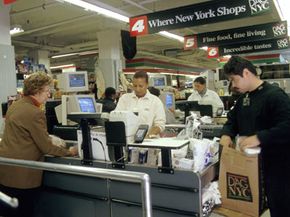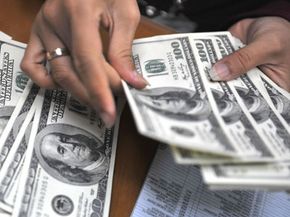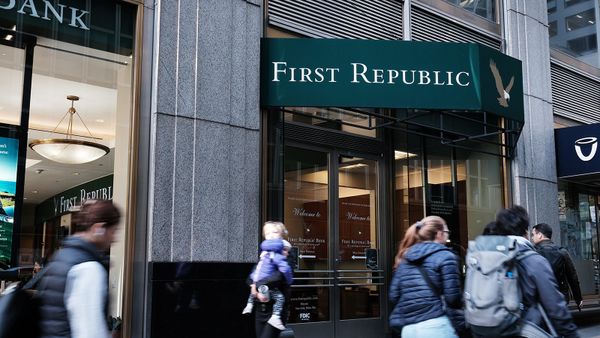Life comes with many choices. Fresh or frozen? Blonde or brunette? Creamy or chunky? Republican or Democrat? Paper or plastic?
That last choice covers two completely different situations. Should you choose paper or plastic bags when shopping, and should you pay for the items going in whichever type of bag you choose with paper money or a plastic card? And if you choose plastic, should you go with credit or debit? Life is nothing if not a flurry of decisions.
Advertisement
If you're a typical American, you have access to all three of these most commonly accepted forms of payment. But when you're jostled against throngs of other shoppers at the mall, which type is best if one of those shoppers adroitly lifts your wallet without your knowledge? And when all the shopping receipts come in, which type will take the smallest bite from your finances and mental health?
If author Tony Howlett is correct, debating the virtues of one of the three -- paper money -- will be a purely academic exercise. "Cash will die a natural death; we will willingly abandon it for more convenient financial tools," Howlett theorizes [source: Howlett]. For most consumers, this isn't such a bad thing. Plastic forms of payment offer convenience. However, a loss of cash also equals a loss of anonymity, Howlett points out. Purchases made using computerized methods of payment like credit and debit cards are easily tracked. This is good for law enforcement, but bad for criminals, for example.
Howlett, an IT professional, banking consultant and author of Open Source Security Tools, admits his theory is a bit nutty -- he lists it under "Bold Claims" in a presentation based on his book, The Death of Cash [source: Howlett]. However, the numbers support his hypothesis: There were 984 million credit and debit card accounts extant in the United States in 2006 issued by Visa and MasterCard alone [source: Woolsey and Shulz]. That said, it may be a few years before cash dies its natural death. In the meanwhile, read on to find out which is better, cash, credit or debit.
Advertisement


